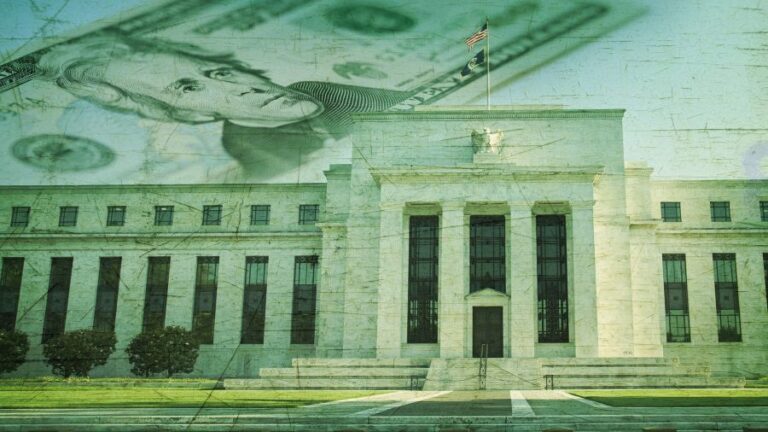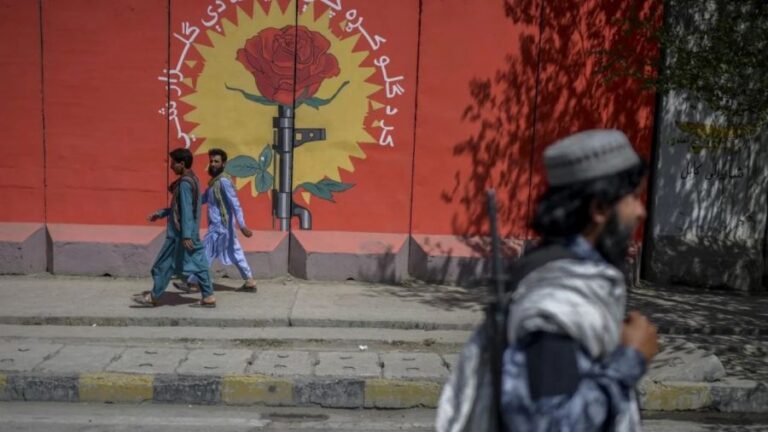How the Chinese Democratic Model Works
Having traveled through the United States recently, primarily based in Los Angeles/California, I have been interviewing various Americans regarding their thoughts and opinions of the upcoming Presidential election and more generally the political system in America and the state of American electoral democracy. I have spoken with Americans of many different ethnic, geographical, political and religious/secular backgrounds in one of the most globally diverse melting pots in the country – LA – and there seems to be a deep disillusionment with the democratic process, particularly at the Congressional and Presidential level, and the multi billion dollar elections «industry» made up of various pollsters, media consultants, «strategists» et al.
A pervasive sense of malaise and dysfunction within the electoral, democratic and media system of «free elections», a «free press» and multiple political parties seems to have taken root, not so much within the elite governing body politic, but rather (and hence even more crucially) the voting public. Cynicism, bewilderment and despair are ingrained in the American voter at how their democracy has nose dived to the level of the 2016 Trump v Clinton contest and how polarised the two-party political system has become. As with the shock Brexit vote in the UK, the emergence of Trump and the debasing of the American Presidential campaign has led some Americans (and indeed Britons) to raise fundamental questions about the efficacy, efficiency and wisdom of their electoral political systems.
Not so much democracy in of itself as a concept and foundation for government, but how that democracy is realised, channelled and organised and what precisely is required among the organs and infrastructure of complex multi-dimensional societies and states to achieve a greater harmony, balance and inner coherence. Publics more and more loath political discord and rancour due to the need for multi-party electoral competition. Publics understand the need for an elite class of governing officials who are interested and proficient in politics and public policy and they also understand as with themselves and all human beings just how imperfect and flawed people are. What they cannot tolerate is systemic corruption and extreme pathological political partisanship which creates government gridlock and generates economic/social/cultural grievances.
Thus, in many ways the 2016 American Presidential election and the British EU Referendum campaign have been a major bonus to the Chinese Communist Party and the People’s Republic’s 21st century model of «consultative democracy» as opposed to the West’s «electoral democracy». Some in the West have become so consumed within their own political systems that they cannot understand or recognise that there are many different forms and variations that democracy can take. Democracy is not a monolith just as China is not a monolith. Different democratic models are in practise today besides the election driven democratic process of the West.
China for example is not some monolithic communist totalitarian dictatorship as some misguided and prejudiced individuals in the West have attempted to caricature it. It’s Parliament, the National People’s Congress, is not dominated by a single party – the Chinese Communist Party – there are indeed other political parties beside the CPC allowed in the National People’s Congress and they have a consultative and amending role within the legislative process. The Communist Government regularly accepts amendments made to it’s legislative programme of government from other parties. There is also the fact that there are multiple and competing factions and differing wings within the ruling Communist Party itself, ergo even the Chinese Communist Party is not a monolithic entity.
The Chinese political system prizes above all social and economic stability which is the foundation for building the good society and is based on the Confucian principles of striving for ever greater harmony rather than competition which inevitably leads to conflict. There is a massive amount of public consultation undertaken in China with various mechanisms available for the public to give input into the policy making, legislative and political system. There are even elections in China at the local level which shapes the composition of the National People’s Congress. Chinese citizens have what are known as Local People’s Congresses, akin to American State legislatures or local councils in Britain. The Local People’s Congresses are subject to elections with a choice of different candidates vying for election. Those candidates which are elected to the Local People’s Congress will then go on to have a role in the selection procedure for candidates for the National People’s Congress.
So, even within what some ignorant and hostile Western critics call a «totalitarian dictatorship» there are democratic elections. And for a supposed dictatorship there are strict term limits placed on how long the President and the standing committee of the Politburo can hold power, for only ten years, and then an orderly leadership transfer occurs, unlike in Britain which has no term limits on how long a Head of Government can serve (in theory a Prime Minister could carry on for as long as they liked conditional on the support of their party members and the voters).
The Chinese people are fascinated by the West and Western culture. They want to learn as much as possible from the West and work with the West. However they are rightly (just as many Westerners have become) wary of the money laden, media manipulated, conflict driven model of modern 21st century Western electoral democracy. They look on at the circus of Brexit; the 2006 election of Hamas in Gaza; the sham sectarian democracy of anarchic Iraq or the emergence of a politician like Donald Trump and the billions of dollars poured into American elections and rightly worry what kind of politicians elections would produce in China. The priorities of the Chinese people are how to keep the economy growing at a rate of 7 % or more to feed, cloth, educate, house and provide employment and healthcare to almost 1.4 billion people and maintain social cohesion, peace and achieve ever greater harmony, knowledge and prosperity for all their people. It is not placing a piece of paper in a ballot box for some here today, gone tomorrow politician from some political party. Perhaps the West could learn from the Chinese «consultative democracy» especially after the year of Brexit and Trump.
By Matthew Jamison
Source: Strategic Culture







